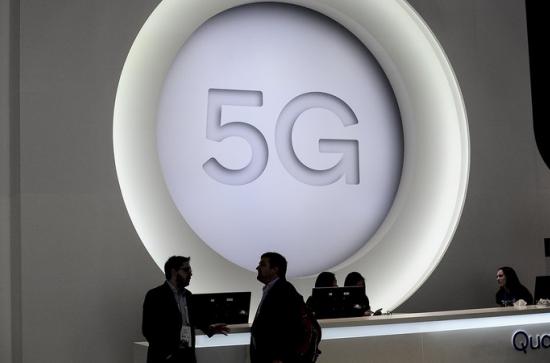
The 5G standard for mobile phone users is nearing completion, such that we'll begin to see the first 5G handsets in the next few years.
For consumers, 5G offers a range of benefits, from super-fast data services, to supporting autonomous vehicles, to enabling smart cities.
The most immediate aspect of 5G for most people will be that of mobile phones – facilitating ultra-fast video downloads, streaming services and voice calls.
5G offers many exciting capabilities – but one of the greatest challenges is how to deliver these 5G services at a cost that operators and customers can actually afford.
The cost of building a 5G network may be prohibitive for smaller players
But all of this will come with challenges for operators, and the most pressing one is cost.
Most customers are unwilling to pay significantly more for their mobile phone package, and there is an increasing expectation of unlimited data packages.
Globally, mobile phone services are considered to be maturing, with nearly everyone owning a phone. Meanwhile, revenue, on a per-user basis, has been growing at approximately 2.5 percent per annum for the past number of years.
To launch 5G, mobile phone operators are faced with greatly increasing capital and operational costs, but with a static income to pay for it all. To stay competitive, companies will need to build a national 5G network. But the cost of doing so may be prohibitive for smaller players. For instance, among the reasons provided by US mobile operators T-Mobile and Sprint for merging was the need to invest in building the infrastructure for 5G networks – something neither company could afford to do effectively alone.
At the Science Foundation Ireland-funded CONNECT centre, at Maynooth University we are exploring intelligent systems that combine operator infrastructure measurements with performance metrics from apps on phones that report user experiences.
Full article details on RTÉ Brainstorm
